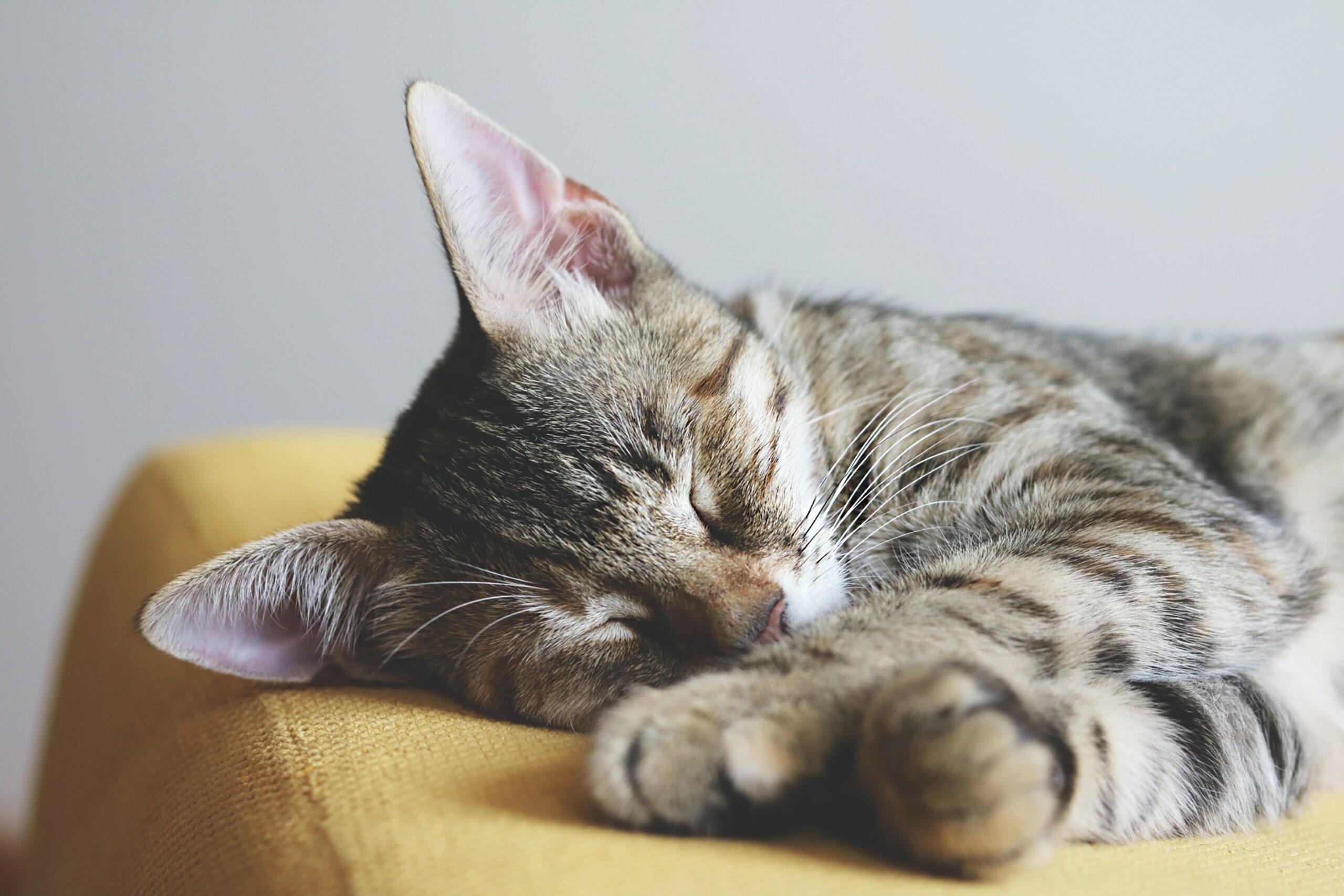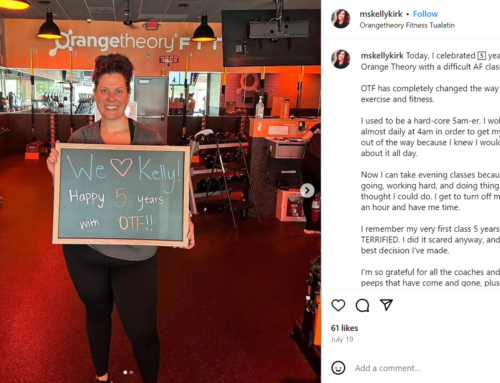Did you know that many people all over the world make getting more sleep their New Year’s resolution?
Nowadays, falling asleep seems to be, for many, a titanic task and difficult to accomplish. Now, Harvard Medical School (USA) has revealed a series of tips for achieving a peaceful night’s sleep (insomnia included), essential for our body to be healthy and energized to tackle any task the next day.
1. Exercise
Staying physically active each day with activities at your fingertips such as walking, running or swimming, bring us three key benefits in order to get a restful sleep: when you are tired from exercise you get a night’s sleep faster, you get an increased percentage of deep sleep and wakes up less often during the night.
2. Rules of the bed: only sleep and sex
Other activities like lying on it to watch TV, read social networks, check mail or play on mobile, tablet, or laptop do not help in any way if what you want is to fall asleep easily at the end of the day. Eliminating screen time in bed is fundamental, as the blue light emitted by devices is stimulating and can interfere with our rest.
3. Schedules and routine
To get a good night’s sleep we need to organize our sleep and do it responsibly. You have to go to sleep at the same time each day and wake up at the same time, as much as possible. Training our body in the face of sleep will make us fall asleep faster and wake up fresher.
4. Say goodbye to smoking
Smoking is a great enemy of rest, in addition to taking away from our overall health. Nicotine has a stimulant effect on our body that makes it difficult for us to fall asleep easily.
5. Create a quality rest zone
The place where you sleep should be a temple of tranquility and silence. Your mobile phone, laptop or TV must be outside the rest area. Ideally, it is dark, relatively cool and as quiet as possible. The room should be tidy and with few objects around to facilitate that atmosphere of tranquility that requires a restful sleep.
6. Less caffeinated beverages
Coffee, tea or soft drinks may feel a lot more like it throughout the day but caffeine will make it more difficult to sleep at night and also increase the need to wake up to pee at night. Set a time limit for having these kinds of drinks.
7. Sleeping pills are false friends
Try to avoid sleeping pills and consult with a specialist regarding the most effective way to take them for the shortest possible period of time.
8. Drink less alcohol
Alcohol depresses the nervous system, which helps you fall asleep. However, this effect disappears within a few hours, which causes us to wake up several times throughout the night, preventing a good sleep. In addition to this, alcohol magnifies snoring and other sleep-related breathing problems.
9. Naps are fine, but keep them short
Ning is beneficial to continue with energy for the rest of the day, but not if they are extensive. A maximum of 20 minutes will sit us great. Plus, it’ll just keep us from getting to sleep at night.
10. If you can’t fall asleep, get out of bed
Staying awake in bed 20 minutes after going to sleep is an indicator that you are not relaxed and therefore, it will be hard for you to fall asleep. Get up, get up and read a little, and then go back to bed when you feel tired again. Sitting in bed for hours won’t speed up the process.
Sleeping makes you feel better, but its importance – as we’ve seen – goes beyond just boosting your mood or banishing unwanted circles or marks under your eyes. Proper sleep is a key part of a healthy lifestyle and can benefit your heart, weight, mind, and more.




